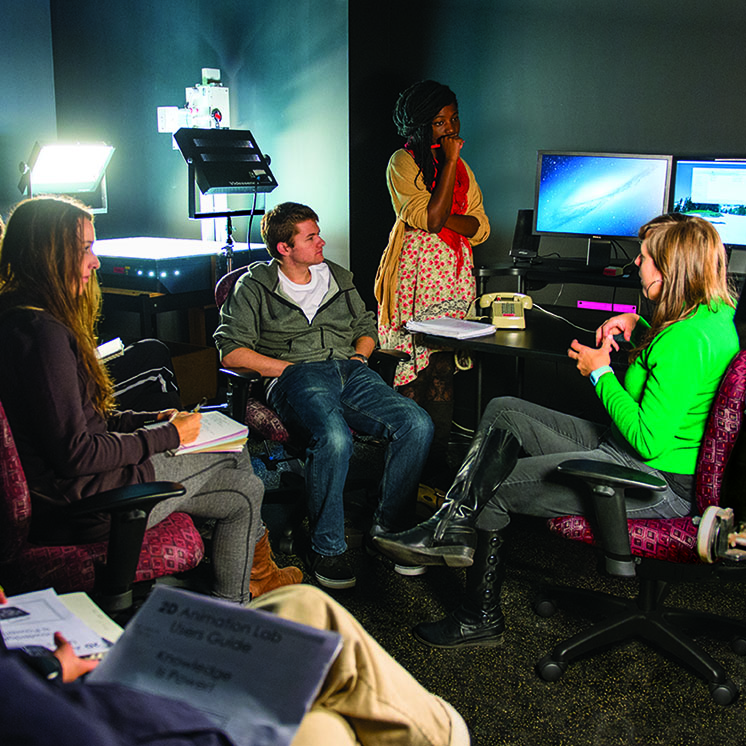Mathematical Systems
Fall 2015, Winter 2016 and Spring 2016 quarters
Taught by

Prerequisites
This program is built around intensive study of several fundamental areas of pure mathematics. Topics are likely to include abstract algebra, real analysis, geometry, and topology.
The work in this advanced-level mathematics program is likely to differ from students' previous work in mathematics, including calculus, in a number of ways. We will emphasize the careful understanding of the definitions of mathematical terms and the statements and proofs of the theorems that capture the main conceptual landmarks in the areas we study. Hence, the largest portion of our work will involve the reading and writing of rigorous proofs in axiomatic systems. These skills are valuable not only for continued study of mathematics but also in many areas of thought in which arguments are set forth according to strict criteria of logical deduction. Students will gain experience in articulating their evidence for claims and in expressing their ideas with precise and transparent reasoning.
In addition to work in core areas of advanced mathematics, we will devote seminar time to looking at our studies in a broader historical and philosophical context, working toward answers to critical questions such as: Are mathematical systems discovered or created? Do mathematical objects actually exist? How did the current mode of mathematical thinking come to be developed? What is current mathematical practice? What are the connections between mathematics and culture?
This program is designed for students who intend to pursue graduate studies or teach in mathematics and the sciences, as well as for those who want to know more about mathematical thinking.
Program Details
Fields of Study
Preparatory for studies or careers in
Location and Schedule
Campus location
Olympia
Schedule
Offered during: Day
Advertised schedule: First spring class meeting: Tuesday, March 29 at 9am (Lab I 3033, Lab 1 3064)
 my.evergreen.edu
my.evergreen.edu

 Fall
Fall  Winter
Winter  Spring
Spring